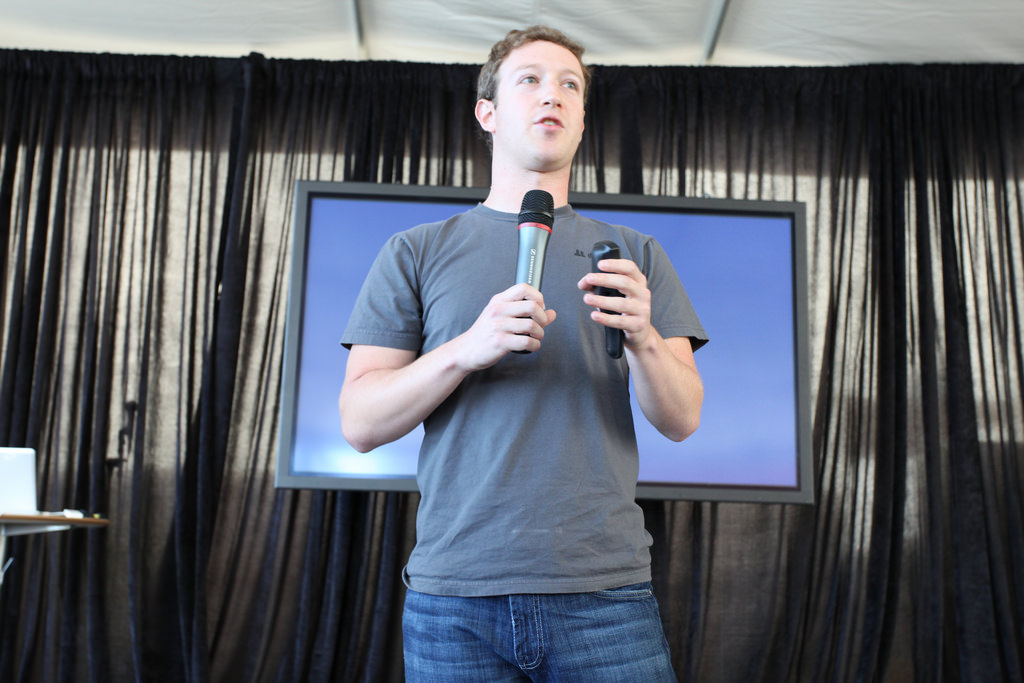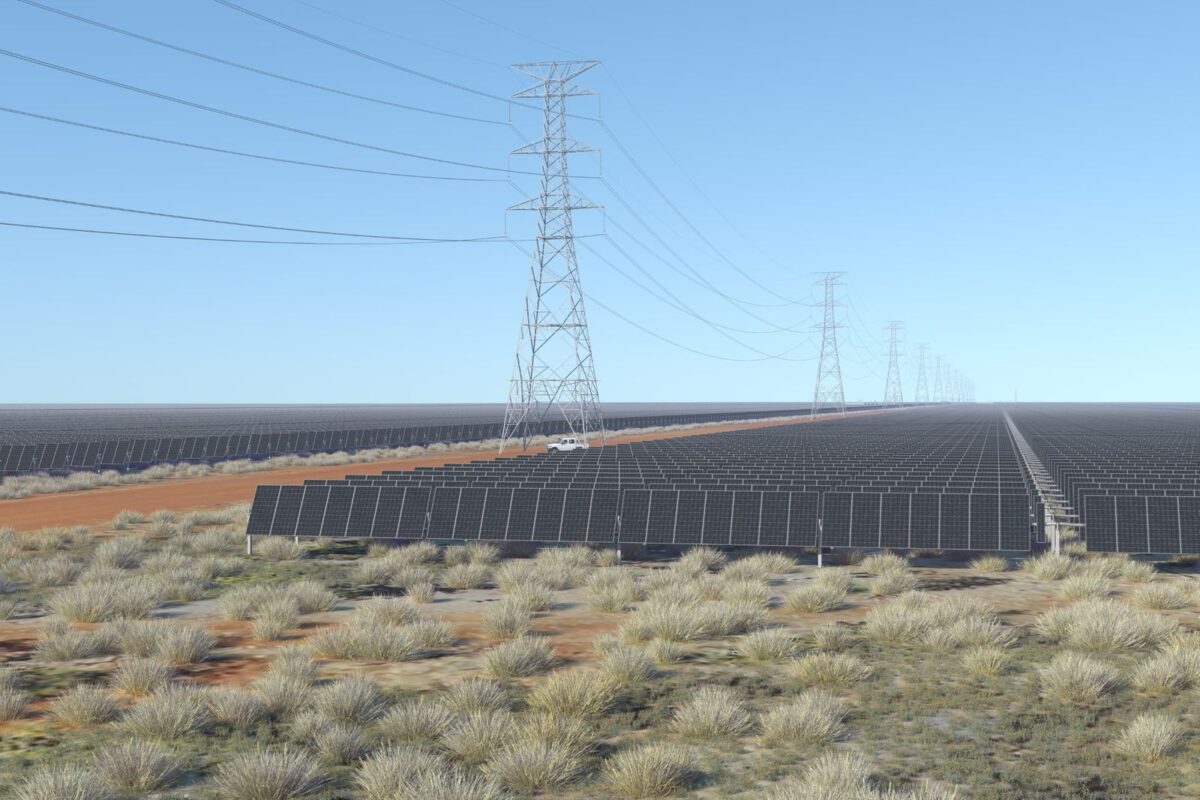From pv magazine global
Analysts at BloombergNEF announced today global businesses last year smashed the record for the amount of clean energy purchased through power purchase agreements.
With corporates having bought 6.1 GW of clean energy through PPAs in 2017, Bloomberg researchers said that figure more than doubled to 13.4 GW last year, with the U.S. leading the way.
And it was not just the usual suspects that dominated, with the authors of today’s 1H 2019 Corporate Energy Market Outlook report finding 34 new businesses signed their first clean energy PPA last year, to account for around 31% of the 8.5 GW purchased in the U.S. In many cases, new converts joined forces with bigger concerns who acted as ‘anchor tenants’ on green energy supply deals.
With the amount of U.S. corporate clean energy secured through PPAs almost trebling year on year, Facebook led the way with more than 2.6 GW – mostly in the form of green tariffs agreed with utilities – and bought more than three times the clean energy of its nearest peer AT&T.
ExxonMobil became the first oil major to sign a clean energy PPA in the country as it signed up for 575 MW of wind and solar power in Texas.
China RPS holds the key
The Europe, Middle East and Africa (EMEA) market may have been the world’s second biggest, with a total 2.3 GW in 2018, but the authors of today’s report highlighted the potential of the “imminent passing of a renewable portfolio standard [RPS]” in China to transform the nascent, 2 GW Asia Pacific corporate PPA market.
The 2 GW seen in 2018 in the Asia-Pacific region was more than that bought by businesses in the previous two years and was led by India, with 1.3 GW of corporate clean energy PPAs, and Australia, with 700 MW.
With off-site PPAs now available to business in nine provinces of China – according to BloombergNEF – the renewable requirement linked to the green certificate trading scheme recently mentioned by the Chinese authorities could, say the authors of today’s report, see around 30,000 large commercial and industrial concerns in China aiming to achieve renewable energy targets. With a rise in renewable energy target activity seen in Japan last year, the Asia-Pac region could be the one to watch this year.
A first for Poland
The EMEA market for corporate PPAs also more than doubled, from 1.1 GW in 2017, with wind power in the Nordic nations of Europe again prominent and aluminum manufacturers Norsk Hydro and Alcoa Corp leading the way. Big tech companies Facebook, Amazon and Google, however, also contributed in 2018.
And with the French and German markets showing promise for this year, the U.K. saw a return of activity following a lull caused by the end of its FIT subsidy program, Denmark and Finland saw their second corporate clean energy PPAs signed, and Polish companies made their debut.
BloombergNEF, in a statement announcing publication of the report added, the RE100 campaign to persuade signatory businesses to commit to 100% renewable energy could see 102 GW of new solar and wind capacity installed worldwide by 2030 in order for member companies to hit their targets.
This content is protected by copyright and may not be reused. If you want to cooperate with us and would like to reuse some of our content, please contact: editors@pv-magazine.com.









By submitting this form you agree to pv magazine using your data for the purposes of publishing your comment.
Your personal data will only be disclosed or otherwise transmitted to third parties for the purposes of spam filtering or if this is necessary for technical maintenance of the website. Any other transfer to third parties will not take place unless this is justified on the basis of applicable data protection regulations or if pv magazine is legally obliged to do so.
You may revoke this consent at any time with effect for the future, in which case your personal data will be deleted immediately. Otherwise, your data will be deleted if pv magazine has processed your request or the purpose of data storage is fulfilled.
Further information on data privacy can be found in our Data Protection Policy.